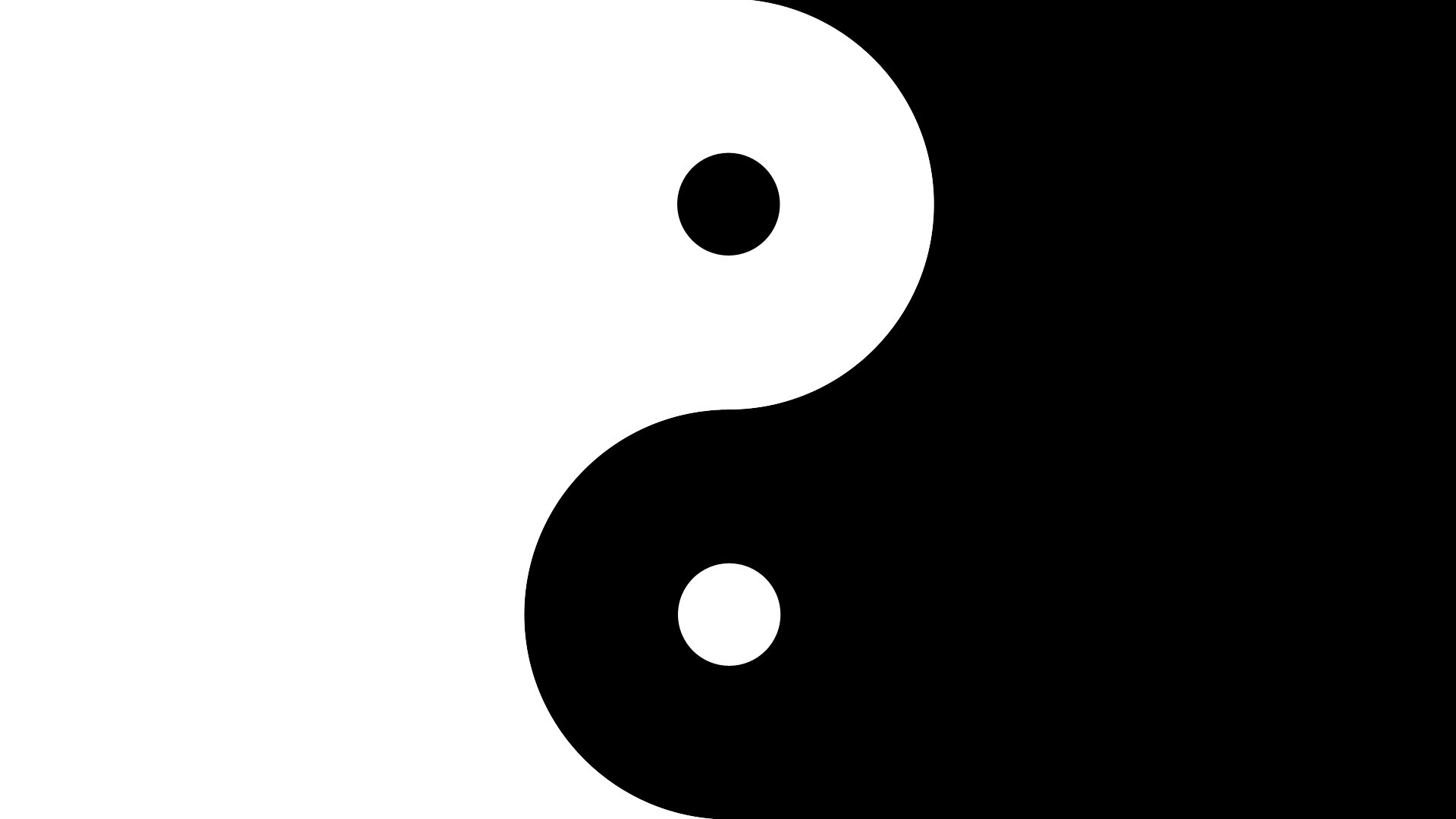A Unique Approach to Meditation
Meditation is one of my favorite things. Yoga, sitting cross-legged while doing various mental exercises, running, teaching yoga, and performing other focused exercises are examples of what I define as meditation. Anything where there is focus and concentration.
Yin yoga has become more and more prevalent in my own practice, as I have seen it grow in popularity in general over the past few years. I prefer ashtanga for a more regular practice, but Yin offers an excellent counterbalance to the strenuous application of the four ashtanga series. And best of all its all online for free at Yinyoga.com from a guy named Bernie Clark. It’s a really cool website and you should explore it if you want slow deep ligament and tendon focused stretching.
The Balancing of Yin and Yang
Yin yoga is not a complete package, however, as no system of yoga or even physical condition can really provide this. If too much time is spent lengthening, softening, and stretching the muscles then they will be easily strained when performing physically demanding tasks. There needs to be a balance between the soft stretching of yin and the more active stretching of yang yoga like Iyengar, Hatha yoga, or Ashtanga and other more active physical activities. Even more engaged, active physical activities like running, circuit training, even weightlifting can be combined with a yoga practice to extraordinary gain.
The Benefits of Yin Yoga
Because the benefits of yoga are extraordinary. Yin yoga, in particular, has a myriad of physical benefits for the body, not to mention the mental and psychological benefits for the mind. The benefits of yin yoga are a bit different from those of the yang styles, but in a way that is completely complimentary.
Science has shown that Yin yoga has the following benefits:
- Myofascial releases of tension resulted in increased healing processes
- Improved immune response
- Increased metabolism and serotonin levels (happiness neurotransmitter)
- Improves sleep performance
- Improves circulation around joints which can alleviate arthritis, osteoporosis and chronic pain
- Stress reduction
- Anxiety reduction
- Depression reduction
As you can see, Yin yoga boasts quite a few benefits, though some people have a hard time starting the practice. It can be difficult at first to breath properly for the duration of a long-held stretch and it is easy to get agitated or just lose focus. Yin yoga is something that you practice over time and its pretty normal to have a slow start and to take some time to develop a consistent practice; but when you do you will be very happy with the ever-increasing depth of a yin practice.
As you become more advanced in one style of yoga, particularly Yin yoga, you start to find yourself becoming almost too good at poses; sometimes muscles can be too flexible and not strong enough, but this is fixed with a changing yang practice. This is also one of the reasons Ashtanga is easier when you practice it every day; the muscles get used to the same stretches. This is also why you perform poses twice in Bikram classes.
Yin Yoga is a long road that I know I will continue to talk about and expand upon. I might even have a bigger section of my blog eventually devoted to the practice, so please let me know what you are interested in learning/reading about!

